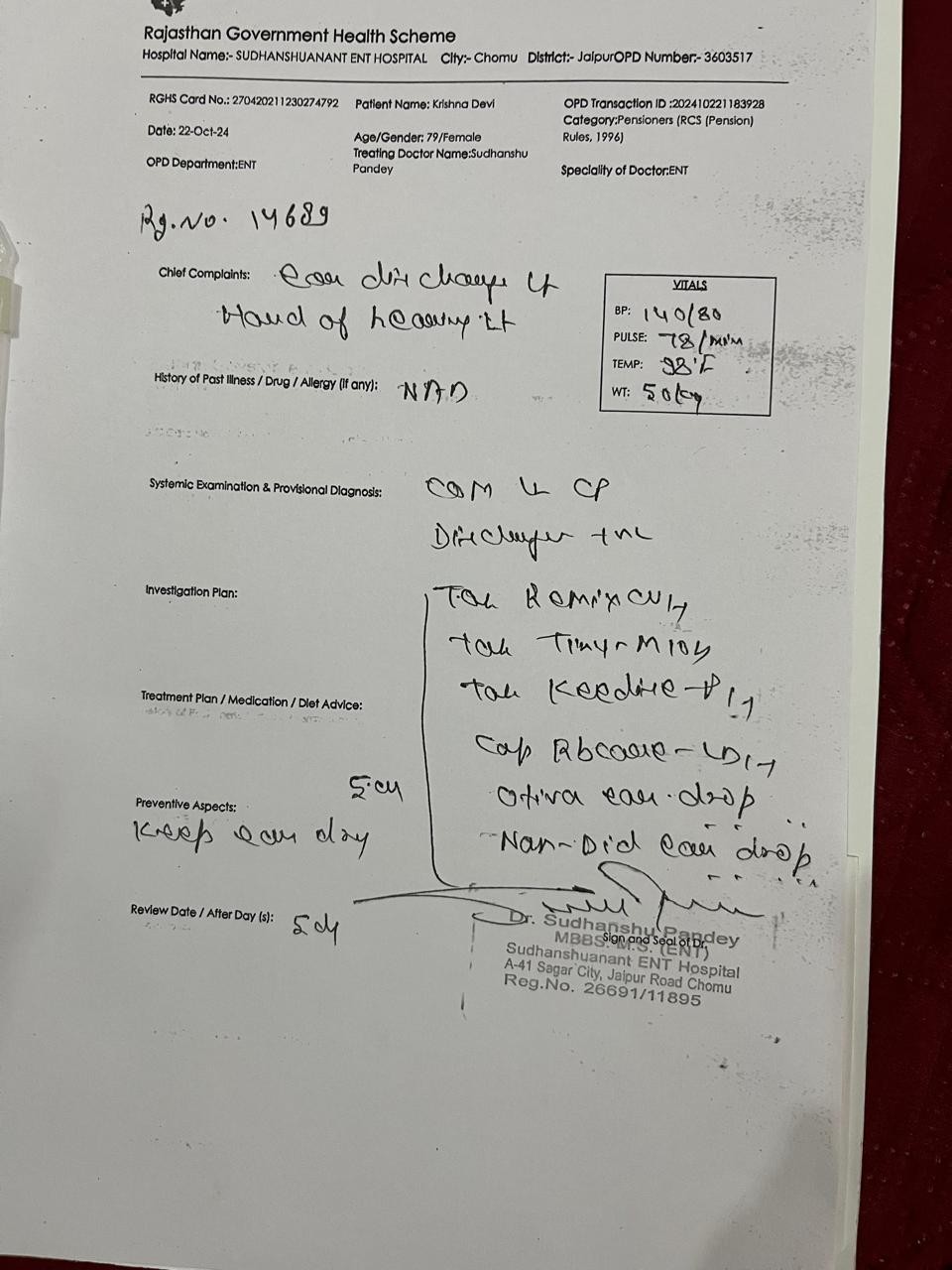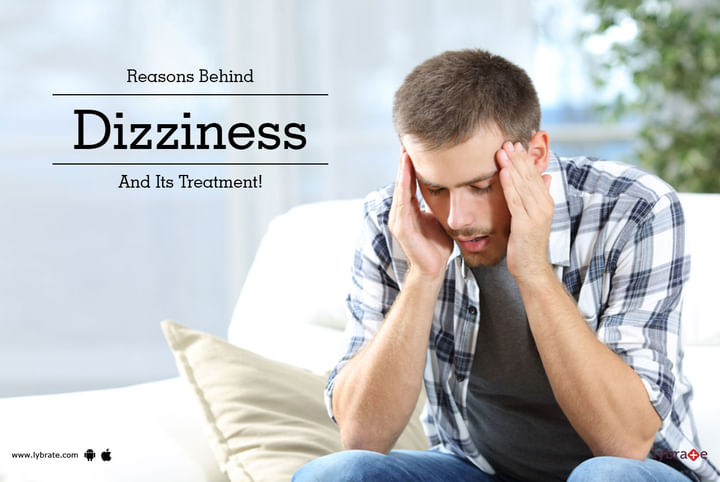Reasons Behind Dizziness And Its Treatment!
Dizziness is usually described as variety of sensations, which comprise of a feeling of faintness, unsteady, weak, light headed, giddy or woozy. When dizziness causes a false feeling of spinning and the moving surroundings is known as vertigo.
Dizziness can be one of the most common reasons for a visit to the doctor. However, constant feeling of dizziness can affect a person's life drastically, but it is rarely life threatening. The treatment of dizzy sensation and dizziness mostly depends on the symptoms.
Causes of Dizziness
The common causes of dizziness are medication, motion sickness and ear problems, especially disturbances of the inner ear. An injury, infection or poor blood circulation can also lead to dizziness. The triggers of dizziness and the sensations it provides are used to evaluate the cause. Also, the duration of the dizziness and the symptoms lead to a clue towards the cause of the same.
Dizziness Caused by the Inner Ear Problems
The balance of the body depends on the combined effort of many parts of the sensory system. These are:
- Sensory Nerves: These send messages to the brain in regard to the body positions and its movements
- Inner Ear: The inner ear has the organ of corti which are responsible for detecting the motions and thereby help in the balance of the body.
In vertigo a person might feel that the things around them are moving, thus creating a swaying or a spinning motion. Vertigo is usually caused by the problems of the inner ear.
The common causes are:
- Benign Paroxysmal Positional Vertigo (BPPV), this happens when the calcium particles accumulate in the inner ear canals. The inner ear is responsible for the body movements and balance.
- Meniere's disease, a problem of the inner ear mainly caused by the build up of the fluids, thereby leading to a change in pressure. This causes vertigo along with hearing loss and tinnitus.
- Vestibular neuritis is the problem of the inner ear and is largely due to infection. Infection leads to swelling of the nerves of the inner ear which affect the body movements.
Treatment of Vertigo Includes:
- Rehabilitation of the vestibular system by physical therapy in order to strengthen it.
- Canalith repositioning by suggesting some body and head movements basically for BPPV. These movements help to move the calcium deposits from the inner ear canals to one of the chambers, which are further absorbed by the body. When the canaliths (calcium deposits) move, it might give rise to vertigo.
- Medicines are given to relieve symptoms of motion sickness and nausea. Antibiotics can be taken in case of infection and swelling.
- Surgery in some cases. If you wish to discuss about any specific problem, you can consult an ENT specialist.



+1.svg)
